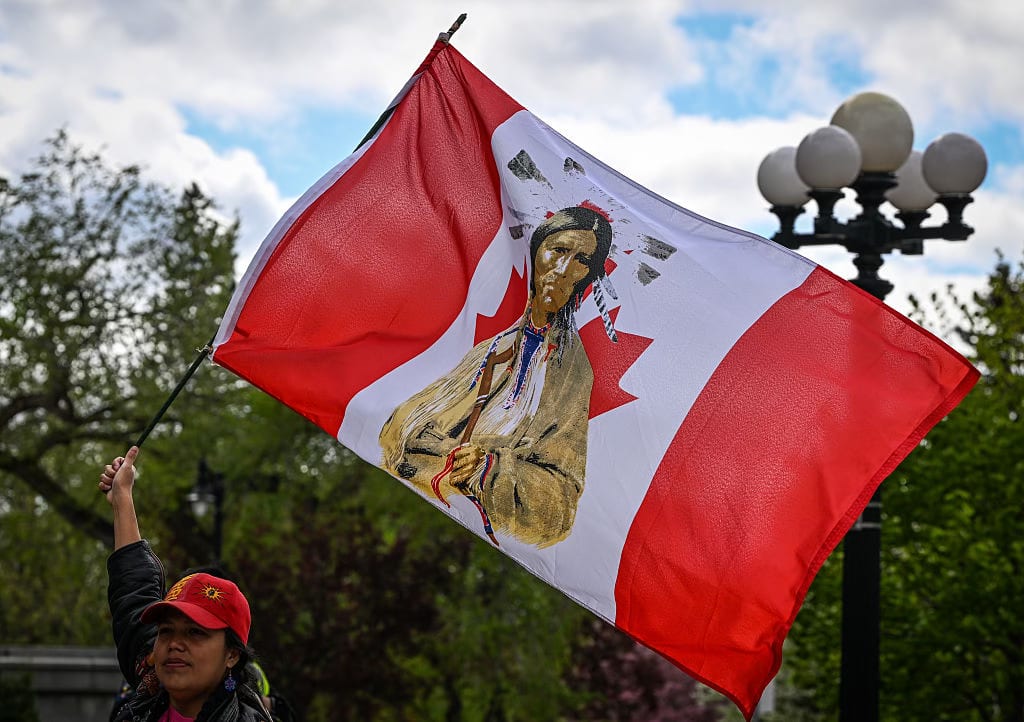Federal eviction moratorium ends Friday. Millions of renters are at risk
The clock is ticking is for many Americans who have fallen behind on their rent, with a federal moratorium on evictions set to lapse on Friday. That could put more than 12 million renters at risk of losing their home, one analysis shows, while millions more may be exposed as some state eviction bans expire next month.
The end of eviction protections comes at a tough time for many households, given that coronavirus cases have increased in 41 states over the past two weeks. That's pushing some governors and local officials to scale back reopening plans. At the same time, the extra $600 in weekly federal unemployment aid that millions of jobless workers are collecting is due to expire for about 25 million out-of-work adults within days.
Experts fear the abrupt withdrawal of this support could push many people off the edge of an "income cliff," especially in ailing job markets in regions where the coronavirus is spreading. That could hasten eviction proceedings for millions of families.
The impact could leave lasting scars on both adults and their children, with experts pointing to research showing that kids often end up missing school as a result of the upheaval of eviction, leading to behavioral and learning gaps with their peers.
"One in 5 adult renters are behind in their rent," said Sharon Parrott, senior vice president for federal policy and program development at the Center on Budget and Policy Priorities in a conference call Tuesday to discuss the devastating financial impact of the pandemic. "The consequences of serious hardship, like not having enough to eat or facing possible eviction, are long lasting."
Among the states whose eviction moratoriums and other renter protections end in August are New York, Washington and Florida, according to the Eviction Lab at Princeton University. A number of other states are lifting their moratoriums later this fall.
In all, between 19 million and 23 million families that rent across the country are at risk of losing their homes by September 30, according to the advocacy group COVID-19 Eviction Defense Project.
It's unclear if any relief is on the horizon for rent-strapped households. Two congressional bills have been introduced that would provide some help, including one from Senator Elizabeth Warren, D.-Massachusetts, that would extend the federal moratorium on evictions until March of 2021. And Senate Democrats on Wednesday asked Republicans to extend the moratorium to stop a "looming evictions crisis," the Associated Press reported.
Eviction filings on the rise
Already, eviction filings across the U.S. are nearing their pre-pandemic levels in places where local moratoriums have ended or were never enacted, according to recent research from the Federal Reserve Bank of Cleveland.
"The severe consequences of eviction will be only amplified in a pandemic," such as increased risk of homelessness and hospitalizations, the researchers wrote. Those situations "could put evicted tenants at a greater risk of contracting, spreading and suffering complications from COVID-19."
To be sure, landlords need rent to cover their own expenses, such as the cost of mortgages, building maintenance and property taxes. That's why advocates are arguing for federal assistance to help renters pay their bills, such as continuing the $600 in weekly unemployment benefits that have been added on to varying state unemployment payouts.
Even if eviction moratoriums aren't extended, some struggling households could see some relief. Senate Republicans are considering a short-term extension of expanded unemployment insurance benefits that are set to expire within days as members of Congress scramble to negotiate a larger relief bill.



